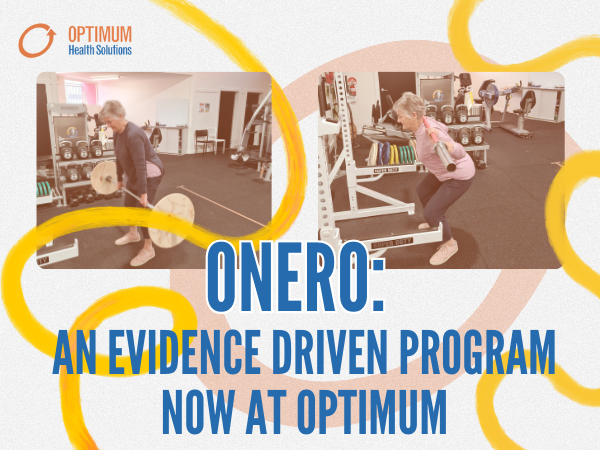Just like our DNA, each person has a unique set of bacteria – but unlike our genes, we have the power to change our bacteria.
Our body cells are outnumbered 10 to 1 by microbial cells, important species of bacteria that live mostly in our digestive tract. Our gut is the largest organ of the immune system, so it makes sense to keep it in good condition. The intestine can be home to over 400 different species of bacteria, and the balance and variety in this diverse bacterial community has a large influence on well-being and health which is only beginning to be understood.
Good bacteria help to banish bad bacteria, can act as antibiotics to fight infections, improve digestion, boost the immune system and produce essential vitamins. On the other hand, having more of the bad guys leaves us vulnerable to infections, increases inflammation, and emerging research is linking our gut flora with chronic conditions such as diabetes and obesity. Smoking, stress, poor diet, toxins, alcohol and antibiotics are just some of the factors that can contribute to an imbalance in your natural gut flora.
What can you do to make sure you have a thriving gut ecosystem?
1. Fibre
Eat bad food and you feed bad bacteria. A diet high in processed, low fibre foods will starve your good bacteria and stop them from multiplying. High fibre foods include genuine whole grains (e.g. brown rice, oats, barley, buckwheat), legumes (e.g. chickpeas and lentils), fruit, vegetables, nuts and seeds. Early studies show that people with higher fibre diets have 2-3 times more different types of bacteria in their gut, and this diversity is linked with better health.
2. Prebiotics
Prebiotics are types of fibre that help to feed good bacteria, but importantly when the bacteria ferment this fibre, they also produce short chain fatty acids. The short chain fatty acids are anti-inflammatory, provide further nutrition to the cells lining your intestine and improve mineral absorption. The prebiotic fibre inulin can be found in garlic and onion, while oats, bananas and berries are other sources of prebiotics.
3. Probiotics
Probiotics are live strains of good bacteria or yeast that survive digestion and are able to reach the intestine in sufficient numbers to then increase the diversity of bacteria in the gut and produce positive health effects. Some foods contain probiotics (look out for lactobacillus and bifidobacteria in yoghurts for example) and there are a wide variety of probiotic supplements available. It is important to check the quality of the probiotic supplement you choose, and remember that different strains of bacteria can offer different benefits.
4. Fermented Foods
While not all fermented, or cultured, foods contain probiotics that survive into the large intestine, there is evidence to support their role in digestion and health. Fermentation helps to preserve food, and if done properly, increases the nutrient and phytochemical content of foods. Traditionally fermented foods such as yoghurt, sauerkraut, kimchi and kefir can contribute to improved immune function via changes in the profile of the gut bacteria and providing natural probiotic sources.
If you would like personalised guidance to improve the health of your gut, book in a session with one of our Dietitians today.








